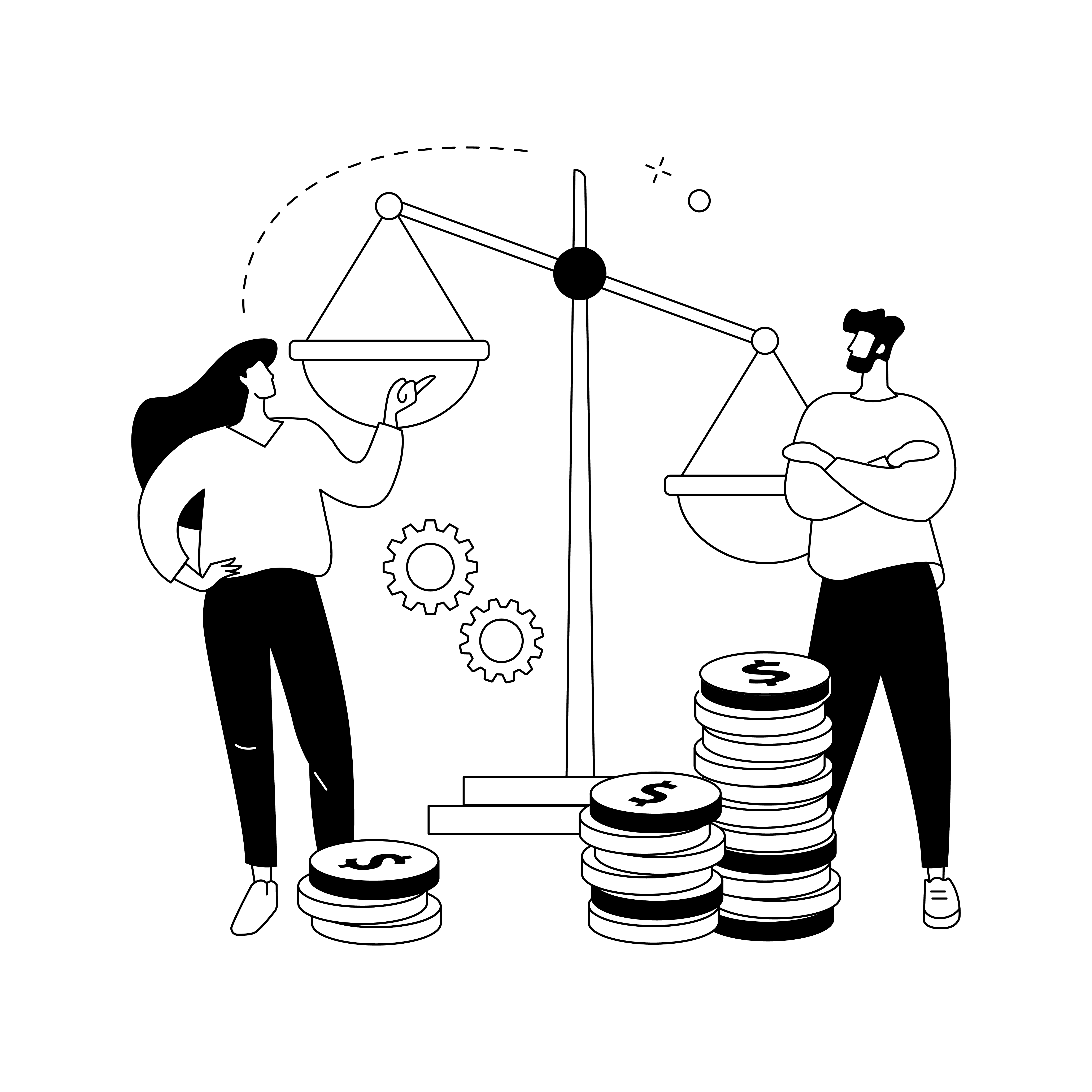
A closer look at legal entities - a profile of corporate entities
Objective:
Learners deal with the different legal entities of companies and create a profile of a chosen form of company. In doing so, they analyze their characteristics, advantages and disadvantages as well as their economic significance.
Content and methods:
The worksheet provides basic information on the most important forms of company. The students create a detailed profile for a specific type of company and analyze its legal framework, economic significance and tax aspects. The worksheet can be adapted for different types of companies so that each can be considered individually.
Competencies:
- Understanding of economic structures and business forms
- Analysis of the advantages and disadvantages of different legal forms
- Critical reflection on entrepreneurial decisions
Target group and level:
Grade 9 and above
337 other teachers use this template
Target group and level
Grade 9 and above
Subjects
A closer look at legal entities - a profile of corporate entities

Sole Proprietorship
A sole proprietorship, also known as a sole tradership or individual entrepreneurship, is a type of business entity owned and operated by a single person. This form of business is the simplest and most common structure chosen by individuals who want to start their own business. In a sole proprietorship, there is no legal distinction between the owner and the business. This means that the owner is personally responsible for all the business's debts and obligations, and they receive all the profits generated by the business.
One of the key features of a sole proprietorship is its simplicity. It is easy to set up and requires minimal paperwork compared to other business structures. The owner has complete control over all business decisions and operations, which allows for quick and flexible decision-making. Additionally, the owner can hire employees and engage independent consultants to help run the business.
However, the simplicity of a sole proprietorship comes with certain disadvantages. The most significant drawback is the unlimited liability of the owner. Since there is no legal separation between the owner and the business, the owner is personally liable for all debts and losses incurred by the business. This means that personal assets, such as a car or home, can be used to settle business debts. Furthermore, raising capital can be challenging, as sole proprietorships may have limited access to business loans and investors compared to other business structures.
The rights and responsibilities of a sole proprietor include managing the business, making all operational decisions, and ensuring compliance with relevant laws and regulations. The owner is also responsible for paying taxes on the business's profits, which are reported on their personal tax return. In many countries, sole proprietors must register their business name with local authorities if it differs from their legal name.
Sole proprietorships play a vital role in the economy by fostering innovation, creating jobs, and contributing to business development. They are often the starting point for many entrepreneurs who later expand their businesses into larger entities. Sole proprietorships are particularly important in sectors such as retail, services, and small-scale manufacturing, where they can quickly adapt to market changes and customer needs.
From a tax perspective, sole proprietorships are relatively straightforward. The business's income is considered the owner's personal income and is subject to personal income tax rates. This can simplify tax filing but may also result in higher tax liabilities compared to other business structures that benefit from corporate tax rates. Additionally, sole proprietors must pay self-employment taxes, which cover Social Security and Medicare contributions.
An example of a sole proprietorship is a local bakery owned and operated by a single individual. The owner manages the daily operations, hires staff, and makes all business decisions. The profits generated by the bakery are the owner's income, and they are responsible for any debts or liabilities incurred by the business.
In summary, a sole proprietorship is an accessible and flexible business structure that allows individuals to start and run their own businesses with ease. While it offers complete control and simplicity, it also comes with the risk of unlimited personal liability. Despite these challenges, sole proprietorships are crucial to economic growth, innovation, and job creation.

